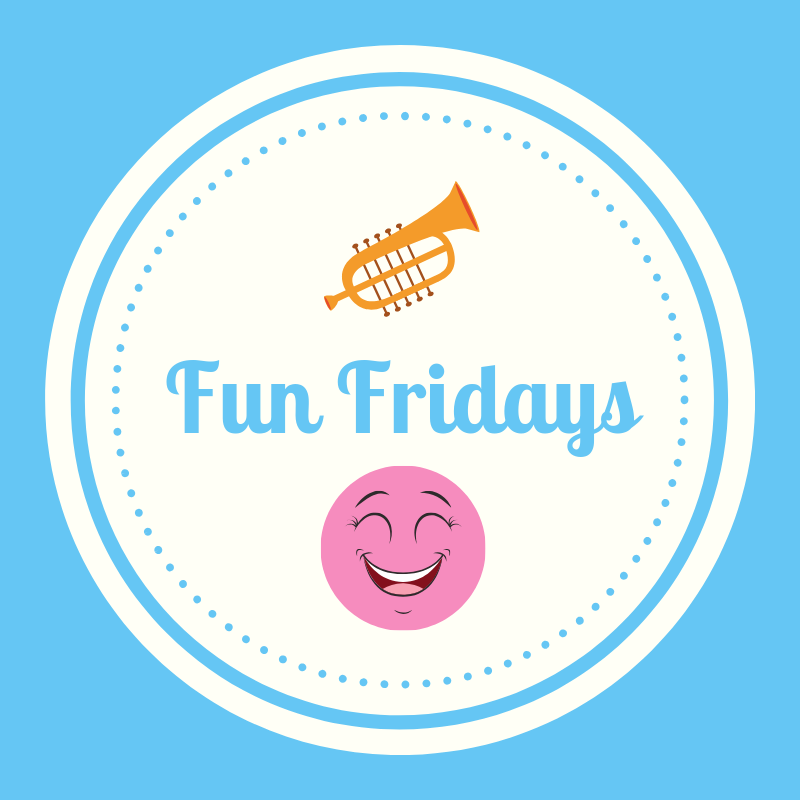Last week I discussed finding comparables for fiction, resulting in many requests that I address nonfiction proposals. I appreciate the input!
Of course, look for current books addressing your topic. But what if you think a little further and look at the audience? There will be some overlap, but these are broad ideas:
Readers Seeking Self-Improvement and Edification: I believe most frequent readers of nonfiction fall into this category. As Christians, we seek to grow, and areas of improvement are countless and broad. This reader may not have an urgent problem, but wants an informative and perhaps even fun and lighthearted read about a topic that interests him or her. Your book may be titled something like Snow White Is No Longer a Brunette: God’s Gifts as We Grow Older. The challenge for this author is to demonstrate, through a dynamic and active platform, that thousands of readers can relate to what she’s saying because she’s already talking about the topic, and readers want to hear more. Here, platform can overcome other current offerings, but it’s still a good idea to show how your book is different from others.
Readers Seeking Answers to a Specific Question Today: This reader has been hit with a new problem and is seeking guidance on how to cope. The reader may be battling with emotional trauma, has lost his spouse, or parents may have just discovered that despite a Christian upbringing, their child is troubled. These readers want actionable answers, and they want them now. Here, the author’s approach is that of a friendly, kind, knowledgeable blend of pastor and psychologist. Your book title may be along the lines of, Experiencing Grief Through God’s Grace. Your topic may be perennial because human suffering will take place as long as people dwell upon the earth. Show how your book is different from current offerings and why readers are clamoring to hear about this topic from you as an author.
Students and Academicians: Perhaps you are writing to a particular type of reader to add to the knowledge available on a topic or to put forth a new theory. While professors may use your book for classroom study, that may not be your primary purpose. Your book title may be along the lines of, The Doctrine of Justification as Found in the Writings of Jonathan Edwards. Your challenge is to find books that address your topic, to show that yours introduces a new take on the subject, why you are considered an expert, and why people will buy your book over others currently on the market. The “academic” section at ChristianBook.com is an excellent place to start searching for comparable titles: click here
Writing for any category and publisher is a worthwhile endeavor. Regardless of your writing and publishing plans, finding comparable titles is always a good way to educate yourself on what’s on the market. And who knows? You may find many wonderful books for your library!
Your Turn:
What category of reader did I miss?
What is your favorite nonfiction book you have read lately?
What tips can you offer nonfiction writers?



 Beating Writer’s Block
Beating Writer’s Block

Thank you Ms. Tamela. Such kindness ma’am. God’s blessings.
>> What is your favorite nonfiction book you have read lately?
I Don’t Have Enough Faith to Be an Atheist by Norman Geisler & Frank Turek
While it was well written and well researched, the thing that stood out for me in this book more than any I’ve read before is the case they laid out for the reliability of scripture, something that has plagued me for decades.
When asked how one knows they can trust their Bible as a source-authority, all too often the response is some Book, Chapter, and Verse as though it is acceptable for the Bible to be a self-proclaimed authority. The Bible is true because it says so? No. That’s not a valid argument.
Another approach is often that the Bible “just rings true,” and that’s accurate, but just as invalid an argument, because it is the pinnacle of subjectivity.
Geisler and Turek present their evidence in such a manner that one comes away from it almost saying, “Of course. It HAS to be true.”
Having just typed all of this, I may need to go back and read that book again. It was so good that I purchased extra copies and gave them to friends who needed to read it.
Thaks for your thoughts. Clear and interesting.
What is your favorite nonfiction book you read lately?
Adoring the Dark by Andrew Peterson and What If It Is True? by Charles Martin
Both were insightful and challenged how I am living my life in God’s grace.
Thank you for this information. As always gives me food for thought in my writing journey.
If self-improvement you doth seek,
look not further, friend,
for I am come to teach the weak;
your search is at an end!
I stoop to give instruction,
and I am very kind
to offer bright deduction
for every lesser mind.
You will find inspiration
in every paragraph,
so buy, no hesitation,
as to the bank I laugh,
in bright profitability
of “Live Life With Humility”
Thank you for your nonfiction presentation on comparable books. However, perhaps you could add an addendum to your presentation answering how many comparable books should be listed in a proposal. In other words, how many are too many? How many are too little?
Janis, it varies. I’d say three or so.
My WIP is a memoir about my experience as a healthcare whistleblower. After I spoke up about an unsafe patient practice, the hospital where I worked retaliated, trying to drive me out and discredit me, to cover up their wrongdoing. When I stood my ground they fired me on false charges. What followed was a 3-year-long legal battle consisting of personal and legal extreme highs and lows.
My story is how God was there with me through it all, and brought me to victory. The book that I relate to most is The Hiding Place. Though it was written years ago, I believe it remains on some Christian best sellers lists. Is it inappropriate to use classic books as comps? If so, is there a category where my book will fit, other than the ones you mention?
Thank you.
Wendy, your book sounds compelling, especially in this time of increased need for and scrutiny of our health care system. I’m unsure how this book would compare to The Hiding Place, unless you are citing books about courageous acts. For that reason, and because that particular book is so iconic, I would recommend seeking more recent books where people courageously made a difference in the health care system, in the quality of someone’s health care, or how a whistleblower overcame through the legal system.
Thank you, Tamela. I’ve asked some booksellers (pre-Covid) for some suggested comps and they weren’t able to come up with anything. There are some secular whistleblower stories (Serpico, Erin Brockovich, Snowden, for example) but I haven’t found any well known cases in healthcare. Sadly, most are not successful in litigation, or they settle out of court. Either way, they’re not able to go public with the details of their case. I refused to settle (God was telling me to see it through to completion) and I won a total victory–unanimously on all six counts–when we made it to trial. So, I’m legally free to tell my story. I’ll continue researching for some comps as libraries and book stores begin to reopen. Thanks again.
How about biography? Or is that too obvious? 🙂